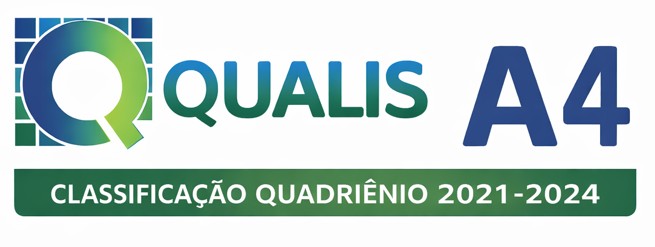Educação do Campo em tempo de pandemia: impactos, limites e desafios
Palavras-chave:
Educação do Campo, Pandemia, Impactos, Limites, DesafiosResumo
Este artigo pretende compartilhar a síntese da pesquisa que teve como objetivos norteadores: acompanhar e investigar o processo de adaptação à nova realidade imposta ao coletivo de educadoras e educadores da escola do campo em tempo de pandemia; analisar os impactos na gestão e no cotidiano escolar pelo contexto da pandemia do Covid-19; e reconhecer os limites e os desafios impostos para as educadoras e educadores para desenvolver o processo de ensino e aprendizagem com o uso das tecnologias da informação e comunicação (TICs). Os sujeitos da pesquisa são as educadoras e os educadores da Escola Classe Sonhém de Cima, um coletivo constituído por 14 integrantes, entre equipe gestora, coordenação pedagógica e docentes. Os demais participantes, 128 responsáveis dos estudantes, correspondem a 75% do universo das famílias atendidas na escola. A metodologia escolhida segue os princípios da pesquisa-ação proposta por Thiollent (2003). Conclui-se que a análise dos dados possibilitou: reconhecer os aspectos geográficos da localização do assentamento, das fazendas e as condições econômicas das famílias como fatores limitadores para o ensino remoto; demonstrar o nível de ansiedade do coletivo de educadoras e educadores da escola, e como isso constitui grande desafio para a equipe gestora e para equipe especializada de apoio à aprendizagem (EEAA) na tarefa de acolher e contribuir com o corpo docente neste contexto escolar; e reconhecer a rotina de trabalho, os sentimentos, a pouca ou a falta de habilidade com as ferramentas pedagógicas virtuais e a preocupação com a avaliação formativa dos estudantes na perspectiva docente.
Palavras-chave: Pandemia. Educação do Campo. Impactos. Limites. Desafios.
Countryside Education in a time of pandemic: impacts, limits and challenges
Abstract: This article intends to share the synthesis of the research that had as guiding objectives: to monitor and investigate the process of adaptation to the new reality imposed on the collective of rural school educators in a time of pandemic; analyze the impacts on school management and daily life in the context of the Covid-19 pandemic; and recognizing the limits and challenges imposed on educators to develop the teaching and learning process with the use of information and communication technologies (ICTs). The research subjects are the educators and educators of Escola Classe Sonhém de Cima, a collective consisting of 14 members, including the management team, pedagogical coordination and teachers. The other participants, 128 responsible for the students, correspond to 75% of the universe of families served by the school. The chosen methodology follows the principles of action research proposed by Thiollent (2003). It is concluded that the analysis of the data made it possible: to recognize the geographic aspects of the location of the settlement, the farms and the economic conditions of the families as limiting factors for remote education; demonstrate the level of anxiety of the school's collective of educators, and how this constitutes a great challenge for the management team and for the specialized learning support team (EEAA) in the task of welcoming and contributing to the teaching staff in this school context; and recognizing the work routine, feelings, little or lack of ability with virtual pedagogical tools and concern with the formative assessment of students from the teaching perspective.
Keywords: Pandemic. Countryside Education. Impacts. Limits. Challenges.










